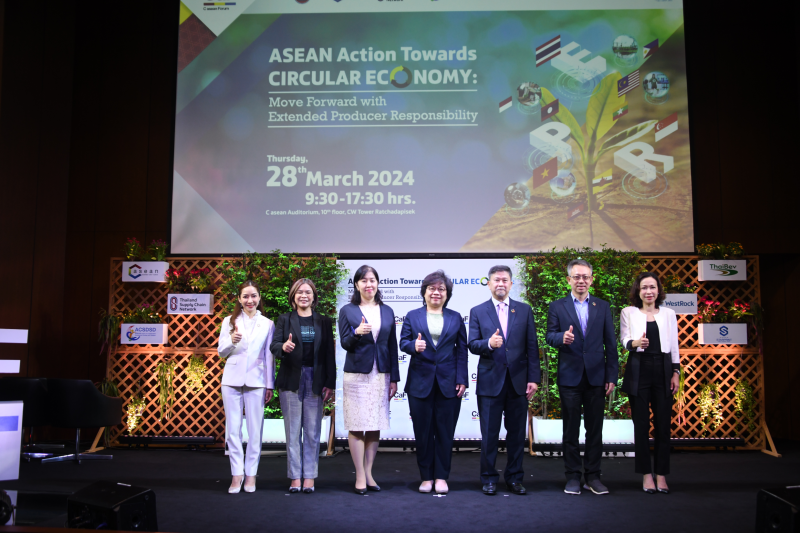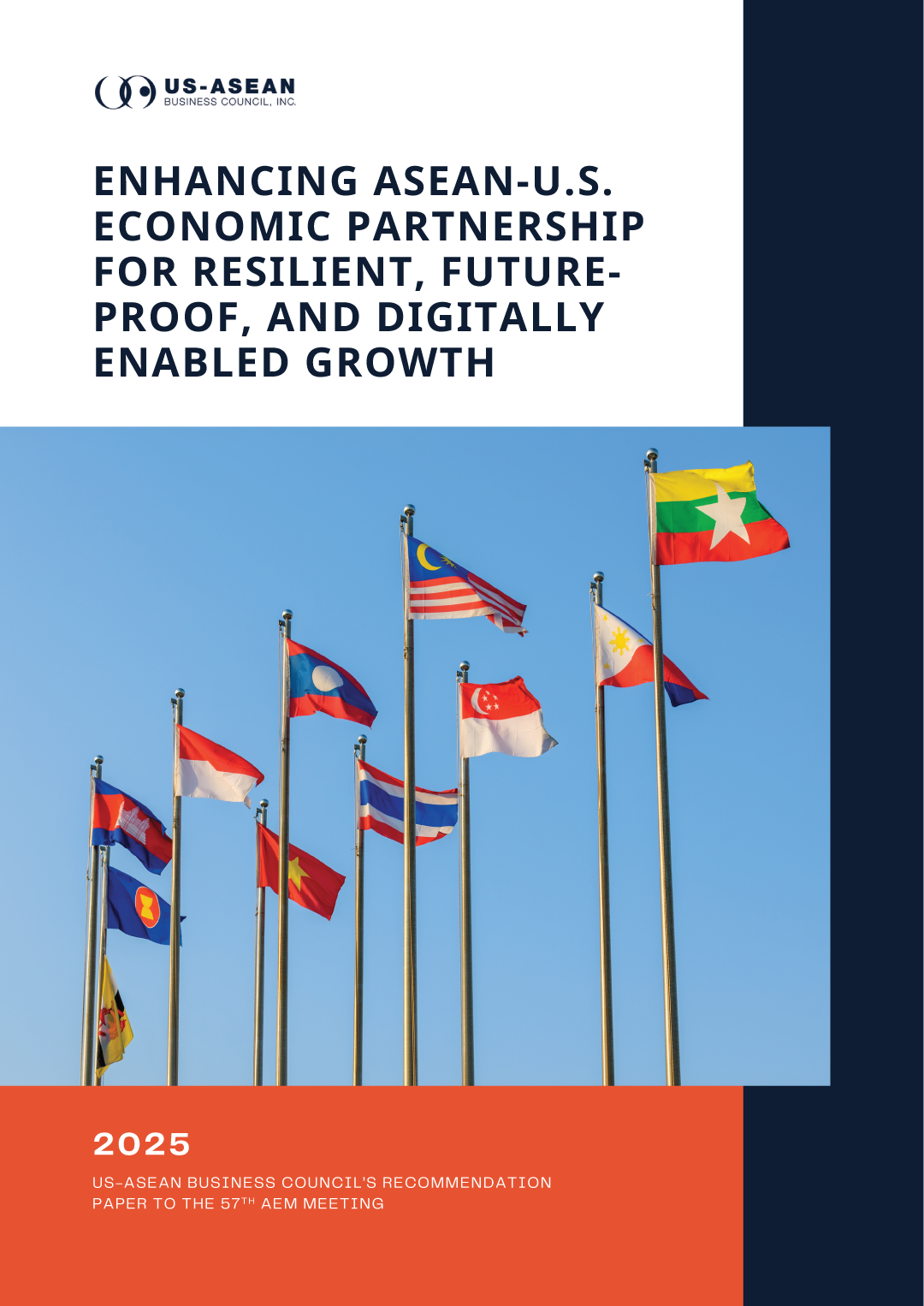ASEAN’s Extended Producer Responsibility (EPR) Push

EPR is not new to ASEAN as some countries, such as Indonesia, the Philippines, Singapore, and Vietnam, have already adopted EPR or EPR-related legislation. For example, the Philippines enacted the Extended Producer Responsibility Act, which mandated companies to improve their recovery rate by 20% every year until 2028, when every company has to achieve an 80% recovery rate.
However, Malaysia and Thailand are also joining the fray with plans in the legislative pipeline.
Malaysia included EPR in its Plastic Sustainability Roadmap (2021-2030) and Circular Economy Blueprint for Solid Waste (2025-2035). Recently, it held a roundtable discussion with Norway, the United Nations Development Program, and other stakeholders on EPR to further its implementation of EPR. Such efforts suggest that Malaysia is ready to invest and put serious efforts into improving EPR in the near future. Currently, Malaysia’s EPR is based on a voluntary adoption basis, but a mandatory scheme’s implementation is planned for 2026. It will be rolled out in phases and target manufacturers, but the end goal is to require manufacturers to collect and recycle materials from manufactured products after disposal or usage by consumers. Additionally, companies who introduce waste will be obliged to contribute a fee to fund operational costs of waste processing and the fee will be determined by products’ material, recoverability, recyclability, and production volume and turnover.
Thailand drafted a Sustainable Packaging Management Act in 2024, which has yet to be passed, that also aims to move towards mandatory EPR obligations from voluntary initiatives. It aims to do so by implementing governmental support for sustainable packaging (glass, metal, paper, plastic, and composite materials), compulsory reusing schemes, environmental compensation fees, packaging regulations, and import and export controls. Additionally, the act will establish future criteria for amendments or further actions. Companies will have a 3-year timeline to develop EPR infrastructure to cope with the new requirements of the act.
However, enforcement of previous EPR-related schemes has been lacking. For example, Thailand has failed to control the influx of e-waste and failed to ensure e-waste’s safe processing as part of its law on proper waste disposal and ban on foreign waste imports. Additionally, given the political turmoil Thailand has faced, legislative developments are put on hold, which may delay the bill. Therefore, it might be some time before the bill is resurfaced in the Thai parliament. Even if the bill is passed, enforcement may be challenging.







![Cover-[USABC-Final]-Driving-ASEAN-Unity-Malaysia's-Vision-for-2025](/sites/default/files/2025-07/Cover-%5BUSABC-Final%5D-Driving-ASEAN-Unity-Malaysia%27s-Vision-for-2025.jpg)


